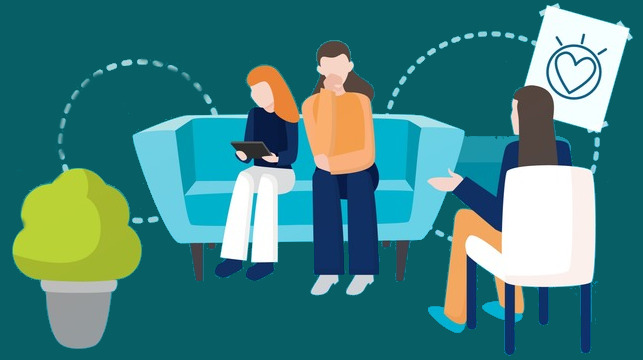With all the new discoveries about mental health , people are becoming more and more aware of these issues. Unfortunately, most of this awareness only exists in a privileged part of the population who can afford to have a high quality of life. For developing countries, having to deal with nearly everything from the beginning, their problems tend to be much bigger than mental health. They have to fight against poverty, corruption, civil wars or even natural disasters on a daily basis. And yet, it has been shown that even under those circumstances, building a mental health system is positively correlated with economic development
Mental Disorder Is The Most Neglected Health Issue In The Developing World is a highly-crafted informative article designed to bring awareness to the topic of mental disorders.
What are mental disorders?
A healthy body is only as healthy as a healthy mind and vice versa. A mental disorder is a health condition that affects the way you think, feel, or act. It can be brief or remains for a long time. You may have ongoing signs or symptoms, or you may have times when your symptoms flare up and then ease up.
We all go through that hard times when we feel upset, discouraged, or anxious. This is normal. But for some people, these feelings are strong and happen often. They can get in the way of doing the things you want and need to do. If this sounds like it might be happening to you or for someone you care about, you may have a mental health problem.
What are some types of mental disorders?
We all feel sad or stressed occasionally, but mental disorders are different. They cause serious problems with how a person thinks, feels, and acts. These mental issues can last for months or years.
Here’s a list of some common types of mental disorders.
- Anxiety disorders
- Panic disorder, obsessive-compulsive disorder, and phobias
- Depression
- Bipolar disorder and other mood disorders
- Eating disorders
- Personality disorders
- Post-traumatic stress disorder
- Psychotic disorders, including schizophrenia
What causes mental disorders?
Although the exact cause of mental illness is unknown, there are a number of factors that may play a role in risk. Factors such as:
- Your genes, brain chemistry, and life experiences may contribute to the risk of mental disorders. Sometimes a single event or situation can cause a mental disorder, such as seeing someone you love hurt in an accident. People who have family members with a mental illness are at increased risk for developing one themselves.
- Your life experiences, such as stress or a history of abuse, especially if they happen in childhood, also traumatic brain injuries have also been linked to a higher risk of developing certain mental disorders.
- Chemical imbalance in the brain.
- A mother’s exposure to certain chemicals or viruses during pregnancy may contribute to the development of mental disorders in her children.
- Unhealthy lifestyles and behaviors, such as smoking tobacco, using alcohol or recreational drugs can all increase a person’s risk of developing mental disorders.
- Peoples diagnosed with cancer or another serious medical condition experience mental health problems like stress, anxiety and depression. Cancer and its treatments take a toll on your body and mind. At one point, about 1 in 4 of us will experience a mental disorder.
- A lack of social connections is strongly tied to increased risk of mental health problems.
What are the treatments for mental disorders?
You may be able to treat your mental disorder at home. This can help you to take care of yourself. Talk with your provider before you make changes to your medications or the kind of therapy you get. This is especially important if you are taking medicines that could cause problems if you stop them suddenly.
Treatment for mental conditions includes types of therapy and medicines that normally help symptoms get better. It may also include social support, education on how to manage your condition, and in some cases you may need more intensive treatment like being hospitalized.








